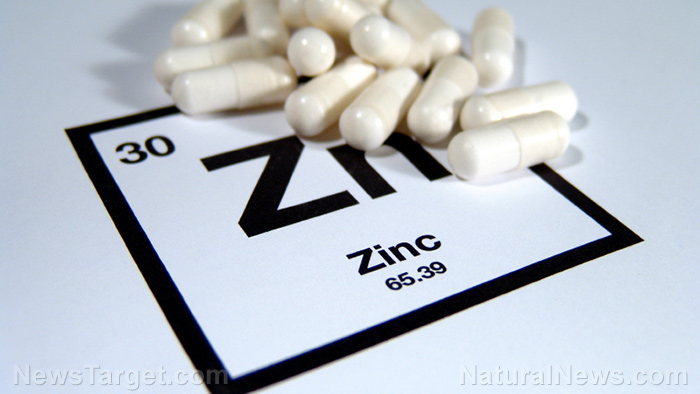Study on prostate cancer treatment options reveals how ALL medical interventions devastate quality of life for men (and why prevention is better)
04/25/2017 / By Earl Garcia

All prostate cancer treatments negatively impact the quality of life in male patients, a recent study showed. As part of the study, researchers pooled data from the Expanded Prostate Cancer Index Composite and examined nearly 6,000 prostate cancer patients. The research team found that that sexual function was the most affected area in men’s health following prostate cancer treatment. The researchers also noted the biggest declines in the patients’ sexual function following surgery.
The study also found that open surgery resulted in the greatest decline in sexual function among various prostate cancer surgeries. However, the study also showed that robot-assisted laparoscopic surgery fared better than open surgery in returning sexual function in patients. The research team also found that patients who had robot-assisted laparoscopic surgery exhibited sexual function returns comparable with those who had other treatments such as brachytherapy and radiation at 24 months following surgery.
The study also showed that urinary incontinence was worse for patients who had open surgery than those who had robot-assisted surgery. The experts also noted that bowel scores were lowest in patients who underwent radiation therapy, while urinary irritative symptoms were lowest in those who had brachytherapy.
“We hope our patient-reported outcomes and the comprehensive data collection in this cancer registry study will not only shed light on better patient counseling and care, but also better tracking of outcomes measurements in today’s healthcare climate,” said lead author Dr. Gary Chien, as published in UPI.com.
The findings were published in the BJU International.
Prostate cancer treatments worsen life quality in other studies
A large number of studies have previously found a correlation between prostate cancer treatments and worse quality of life in men. For instance, a 2013 study found that radical prostatectomy led to a significant deterioration in the patients’ sexual function compared with external beam radiotherapy and brachytherapy. Likewise, radical prostatectomy was associated with worse urinary summary scores and greater deterioration in urinary function than external beam radiotherapy and brachytherapy. However, patients who underwent brachytherapy showed worse irritative/obstructive urinary scale than the other two treatments. The results were published in the British Journal of Cancer. Another study published in Oncology Nursing Forum showed that prostate cancer patients who underwent surgery exhibited worse urinary and sexual function than those who underwent radiation therapy. However, surgery patients displayed better bowel function compared with radiation patients.
In addition, a study revealed that prostate cancer treatments have a lasting impact on the patients’ sexual function and overall perception of sexuality. As part of research, health experts examined 48 patients with early-stage prostate cancer and assessed the effects of treatment in four domains related to sexuality. The research team found that prostate cancer treatment had a negative impact on the patients’ intimate and non-intimate lives. The treatment was also found to affect how the patients see themselves as sexual beings. The results published in the
Declining sexual function was also associated with the onset of depressive symptoms in prostate cancer patients, a study found. To carry out the study, researchers examined more than 300 prostate cancer patients. In general, the patients scored a low two on a scale of one to five when asked about their ability to maintain an erection. The researchers found that erectile dysfunction was linked to the onset of depression in patients. Other factors such as marital status, social support, and anxiety scores also appeared to drive depression in patients, the experts noted. Data from a multivariate analysis found that erectile dysfunction remained a primary risk factor for depression in patients. The findings were published in the Journal of Sexual Medicine.
Sources include:
Tagged Under: cancer, erectile dysfunction, Prostate cancer, surgery




















